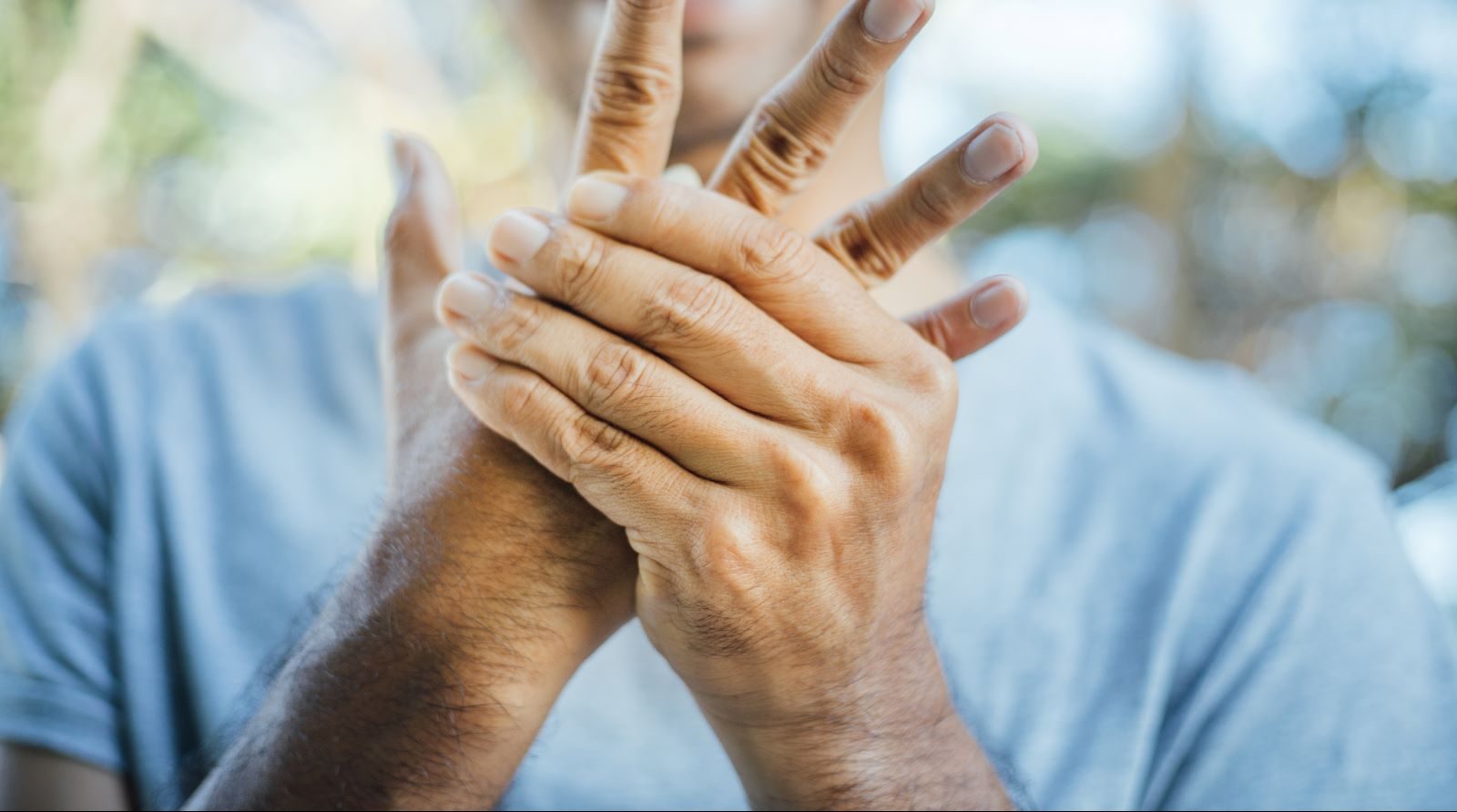If you have diabetes or another disease that can cause neuropathy, you probably know the tell-tale symptoms – tingling, numbness, loss of sensation or a burning sensation in your arms, legs, feet or hands.
But some symptoms, that are less commonly known, can lead to misdiagnosis.
We asked David Tinklepaugh, MD, a Mystic-based neurologist who specializes in neuropathy, to explain some of the lesser known signs of neuropathy, and why it’s important to get a diagnosis.
First, what is neuropathy?
Your peripheral nervous system is the network in your body that sends signals between the central nervous system (your brain and spinal cord) and everything else.
Peripheral neuropathy occurs when there’s a disruption to that communications system. More than 20 million people in the U.S. likely have some form of peripheral neuropathy.
Neuropathy can be caused by:
- Diabetes
- Guillain-Barré syndrome
- Carpal tunnel syndrome
- Meralgia paresthetica
- Complex regional pain syndrome
5 surprising signs of neuropathy
Among the more common symptoms are foot pain, itching in the area affected by the neuropathy, or shooting/stabbing type pain. But less common signs can include:
- Hot or cold feet. Another symptom is the feeling of having hot or cold feet, but the feeling is internal, Dr. Tinklepaugh says. “So if someone grabs your foot, it doesn’t feel hot or cold to them, but to you it feels like you have frostbite or your foot is on fire.”
- Weird sensations when walking. Some patients tell Dr. Tinnklepaugh that when they walk, it feels like they are “walking on stones, or on thick leather, or on bubble wrap.” Others say it feels as if their feet are “tightly wrapped, like they are being squeezed.”
- Balance issues and feelings of weakness. These can result in tripping or scuffing your feet and can be signs of neuropathy but also of other issues, he says. And any of these symptom can be worse at night with neuropathy. If you close your eyes in the shower and you have to hold onto the wall or a railing in order to not fall down, talk to your doctor, Tinklepaugh says. It could be a sign of neuropathy.
- Unexplained issues bodily functions like blood pressure or bladder function. Autonomic neuropathy occurs when there’s damage to the nerves that control automatic body functions. It can affect blood pressure, over sweating, respiration, and bladder function among others. Unexplained issues with any of these bodily functions should include a conversation about neuropathy.
- Unexplained gastrointestinal or cardiac problems. Other neuropathy symptoms can present as either gastrointestinal or cardiac problems. If you notice GI or cardiovascular symptoms, Dr. Tinklepaugh suggests getting screened. But if those tests show no problems, ask about neuropathy testing.
> Want more health news? Text StartHere to 85209 to sign up for text alerts
Diagnosis is key to treatment
Once you have a definitive diagnosis of neuropathy, your doctor can help create a treatment plan. In most cases neuropathy is manageable, Tinklepaugh says, and in some cases it can even be reversible.
But it’s also important because those same symptoms can mean you have other medical issues such as Sjogren’s syndrome (an immune system disorder), or even cancer.
“We are very good at treating nerve pain,” Tinklepaugh says. “We definitely can help with that. And a diagnosis gives you peace of mind, you know what’s wrong.”



